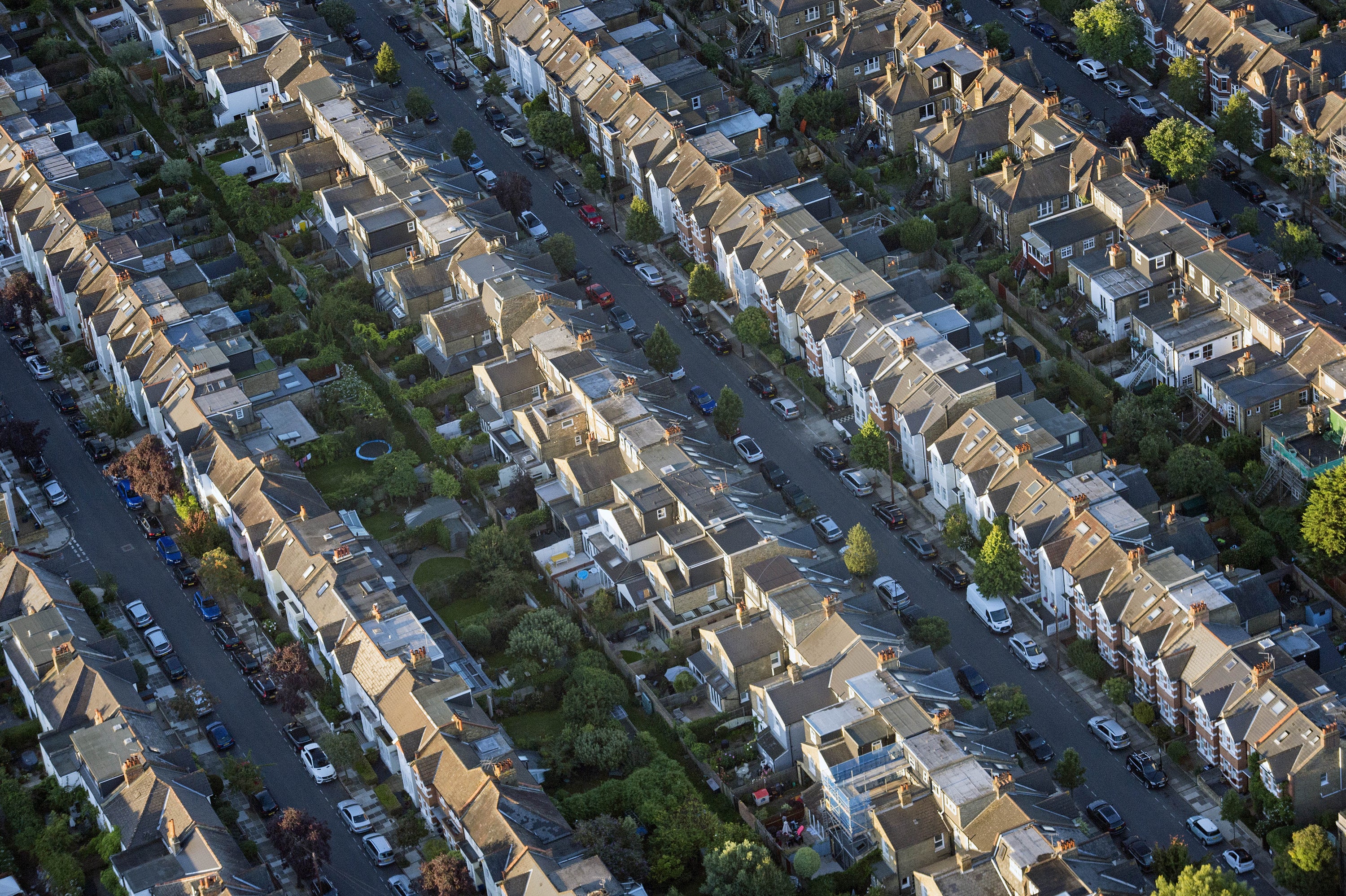House prices fall 0.5% in July after stamp duty holiday deadline – index
Nationwide Building Society said the average house price in July stood at £244,229, down from £245,432 in June.

Your support helps us to tell the story
From reproductive rights to climate change to Big Tech, The Independent is on the ground when the story is developing. Whether it's investigating the financials of Elon Musk's pro-Trump PAC or producing our latest documentary, 'The A Word', which shines a light on the American women fighting for reproductive rights, we know how important it is to parse out the facts from the messaging.
At such a critical moment in US history, we need reporters on the ground. Your donation allows us to keep sending journalists to speak to both sides of the story.
The Independent is trusted by Americans across the entire political spectrum. And unlike many other quality news outlets, we choose not to lock Americans out of our reporting and analysis with paywalls. We believe quality journalism should be available to everyone, paid for by those who can afford it.
Your support makes all the difference.House prices have fallen by 0.5% in July as the end of full stamp duty relief took some of the heat out of Britain’s booming property market, according to an index.
Nationwide Building Society said the average house price in July stood at £244,229, down from £245,432 in June.
The month-on-month drop came after a rise of 0.7% in June and marked the first such fall since March.
Annual house price growth cooled to 10.5% from 13.4% the previous month, which had been the strongest rise for 17 years as homebuyers rushed to beat the tapering of stamp duty in England from June 30.
Robert Gardner, Nationwide’s chief economist, said: “The modest fall-back in July was unsurprising given the significant gains recorded in recent months.
“Indeed, house prices increased by an average of 1.6% a month over the April to June period – more than six times the average monthly gain recorded in the five years before the pandemic.
“The tapering of stamp duty relief in England is also likely to have taken some of the heat out of the market.”
The end of the full temporary tax holiday saw the threshold reduce from £500,000 to £250,000 as of June 30 and it is set to revert back to £125,000 on September 30.
Buyers had rushed to complete deals before the deadline, with the number of housing market transactions soaring to a record high of almost 200,000 in June – around twice the typical monthly number before the pandemic.
Mr Gardner said: “This provided a strong incentive to complete house purchases before the end of June, especially for higher priced properties.
“For those purchasing a property above £250,000, the maximum stamp duty saving reduced from £15,000 to £2,500 after the end of June.”
But Nationwide said the tax relief was not the only factor driving the market higher, with changing demands due to the pandemic also prompting Britons to move.
Homeworking and lockdowns have seen buyers look for larger, out-of-town properties with more outdoor space.
Over the past six months, the proportion of sales involving detached and semi-detached properties has increased, while the proportion involving flats has dropped “significantly”, according to Nationwide.
It believes underlying demand will remain “solid” as interest rates remain at rock bottom and consumer confidence returns thanks to easing restrictions, adding to a lack of properties on the market.
But rising unemployment as the furlough and other government support schemes wind down may impact demand at the turn of the year, according to experts.
Mr Gardner said: “Even this is far from assured. Even if the labour market does weaken, there is also scope for shifts in housing preferences as a result of the pandemic to continue to support activity for some time yet.”
Jeremy Leaf, north London estate agent and a former residential chairman of the Royal Institution of Chartered Surveyors, added: “Although the balance of power may be starting to switch from sellers to buyers, record-low mortgage rates, stock shortages and hopefully continuing easing of lockdown restrictions mean there’s unlikely to be a major shift in prices or transaction numbers any time soon.”